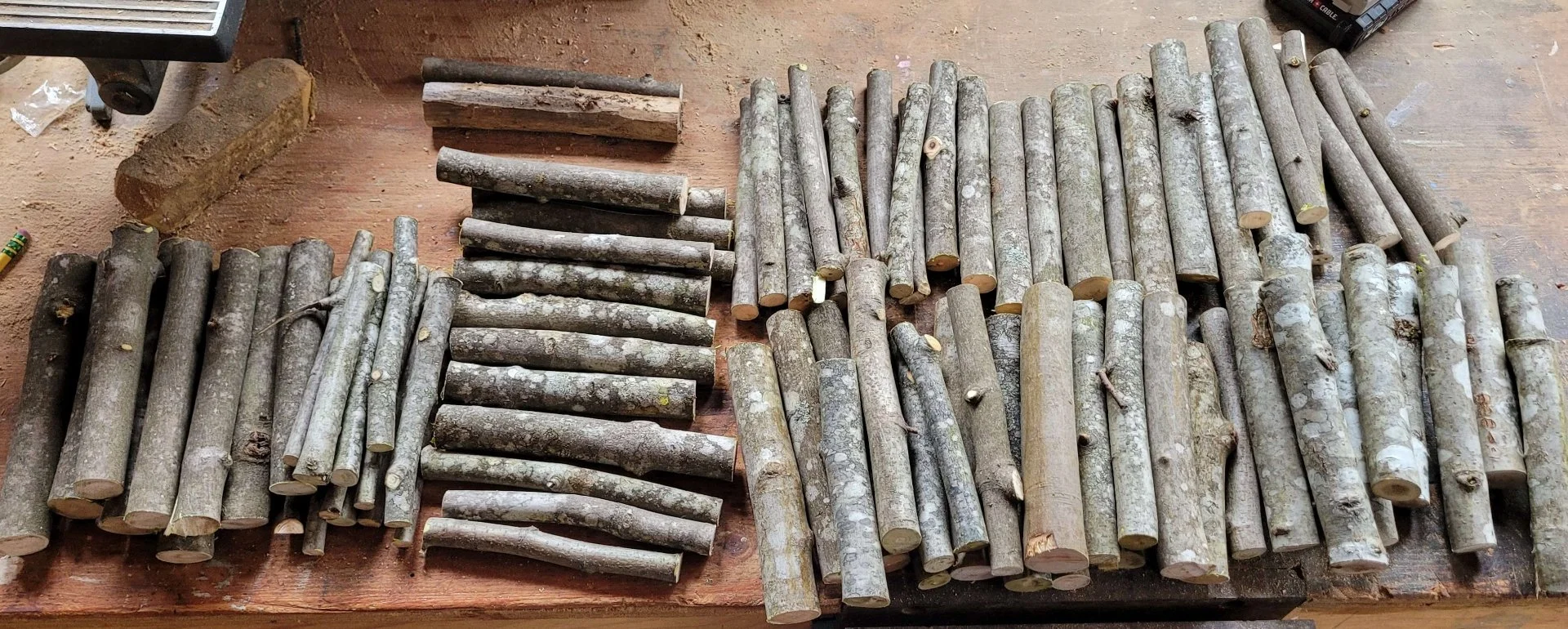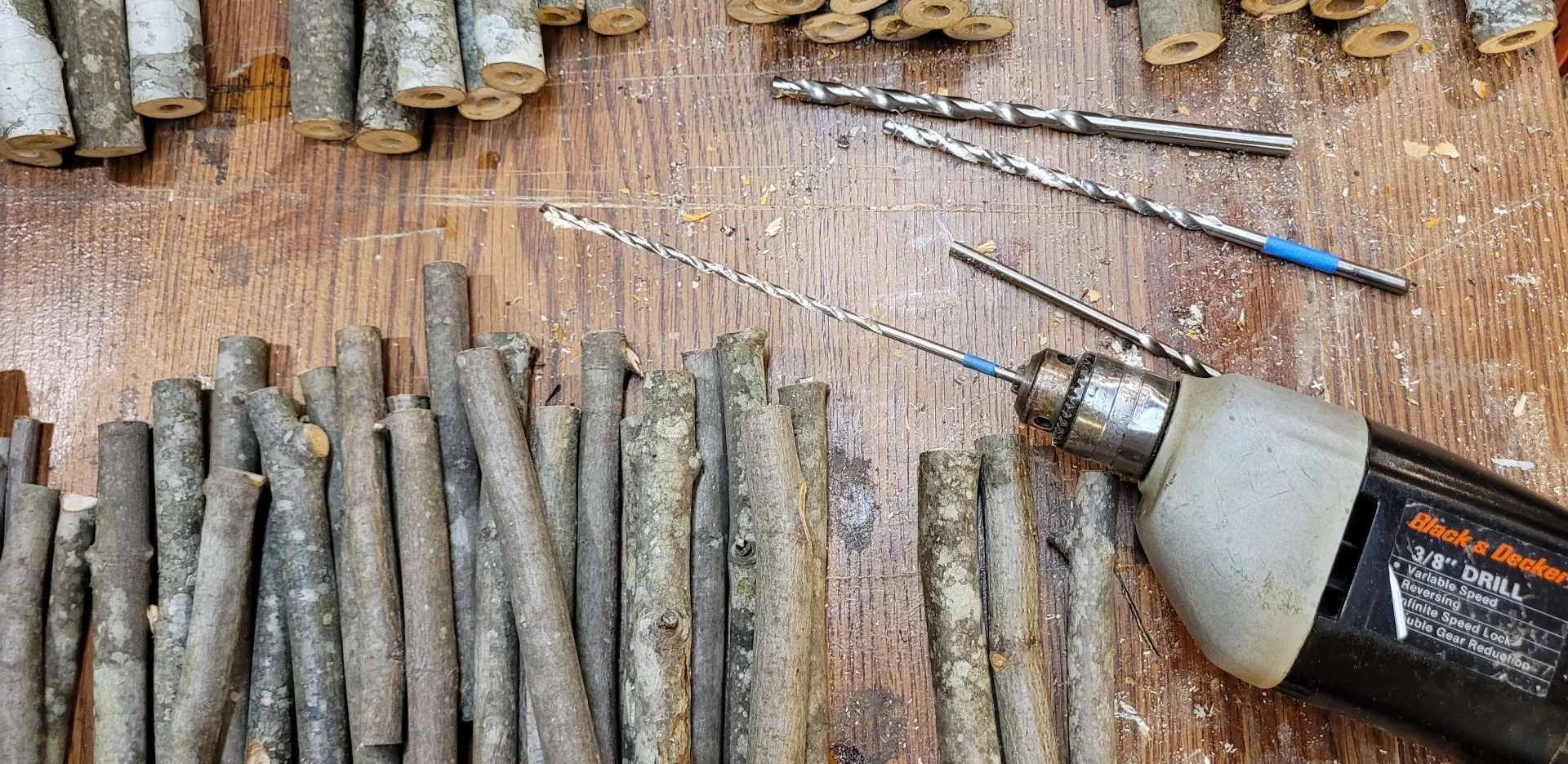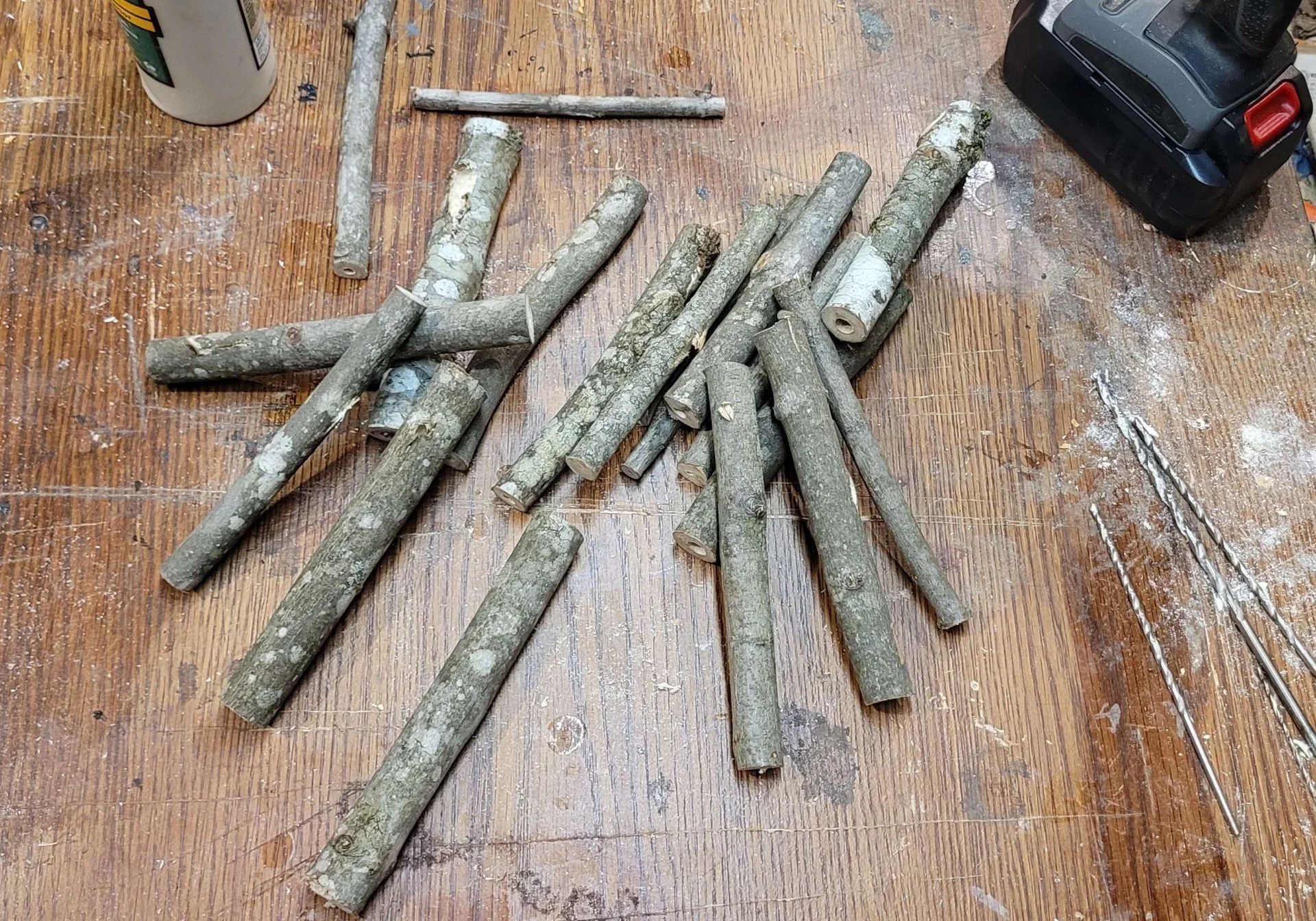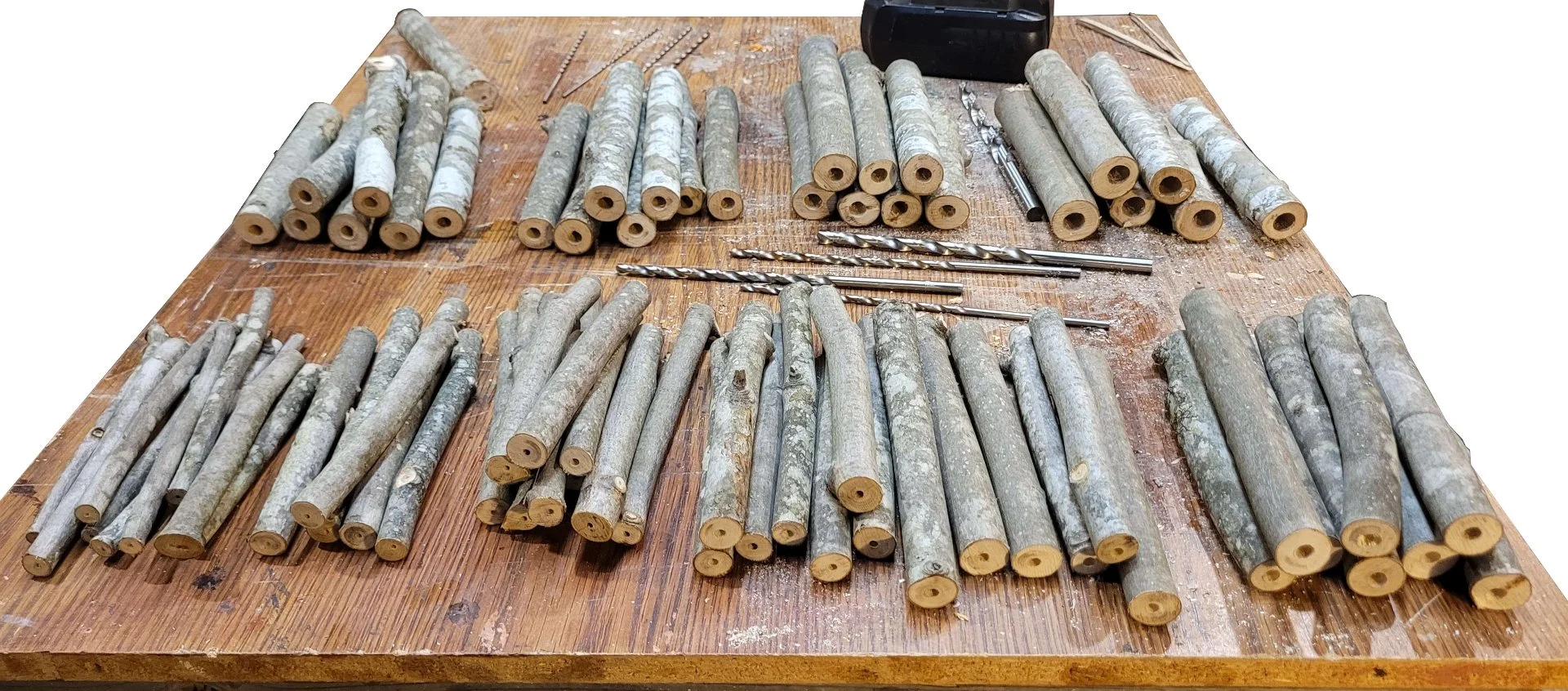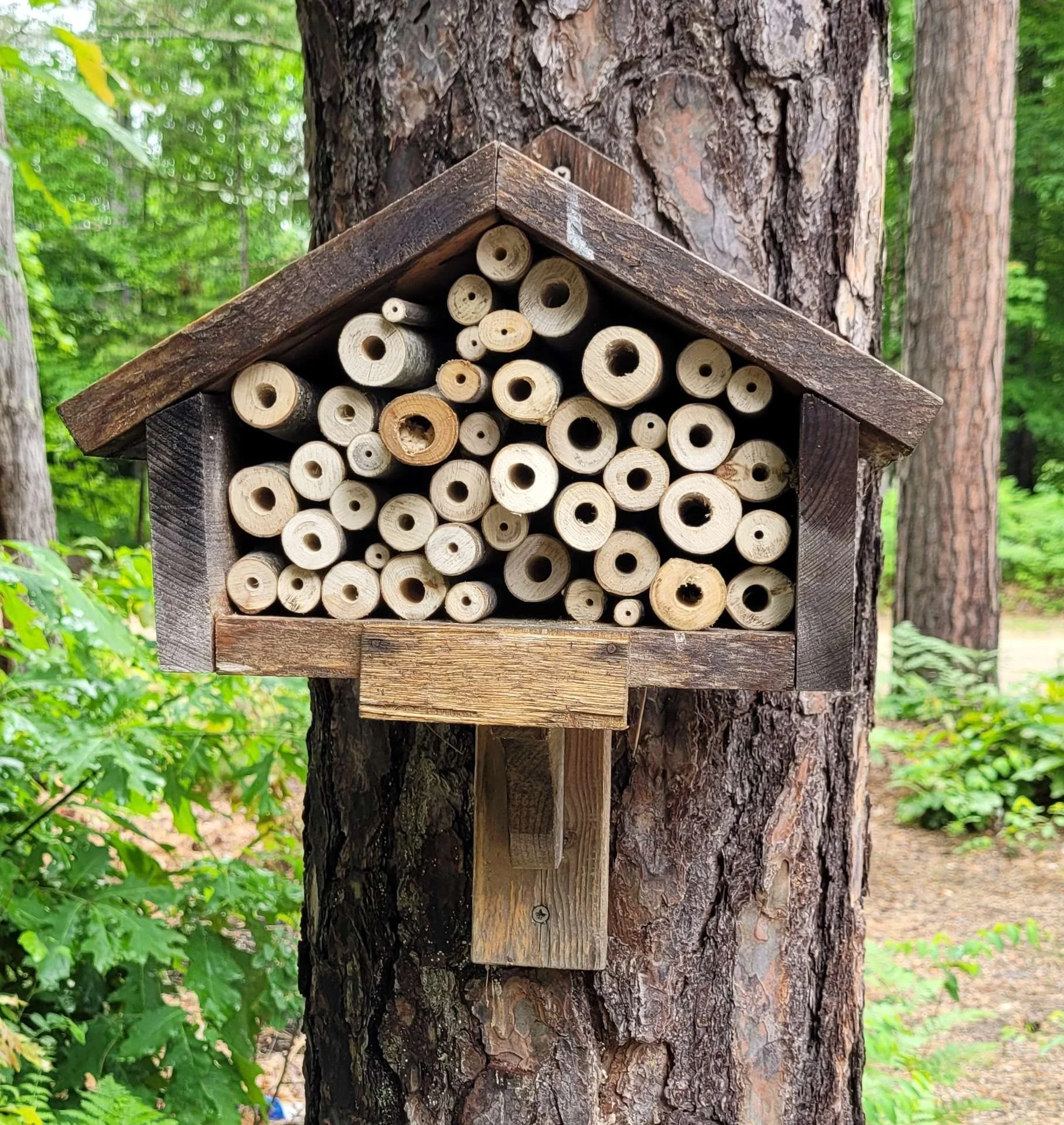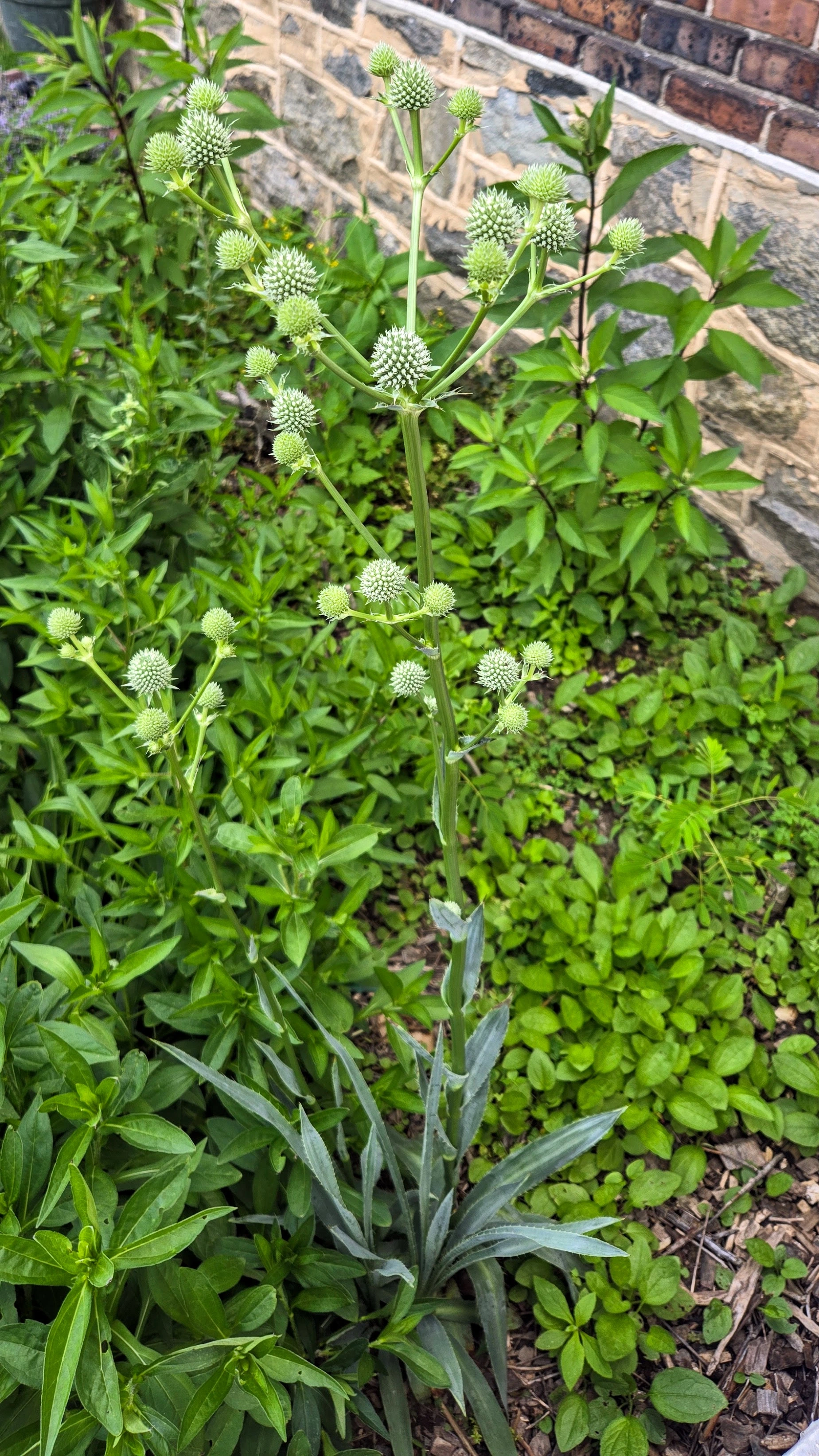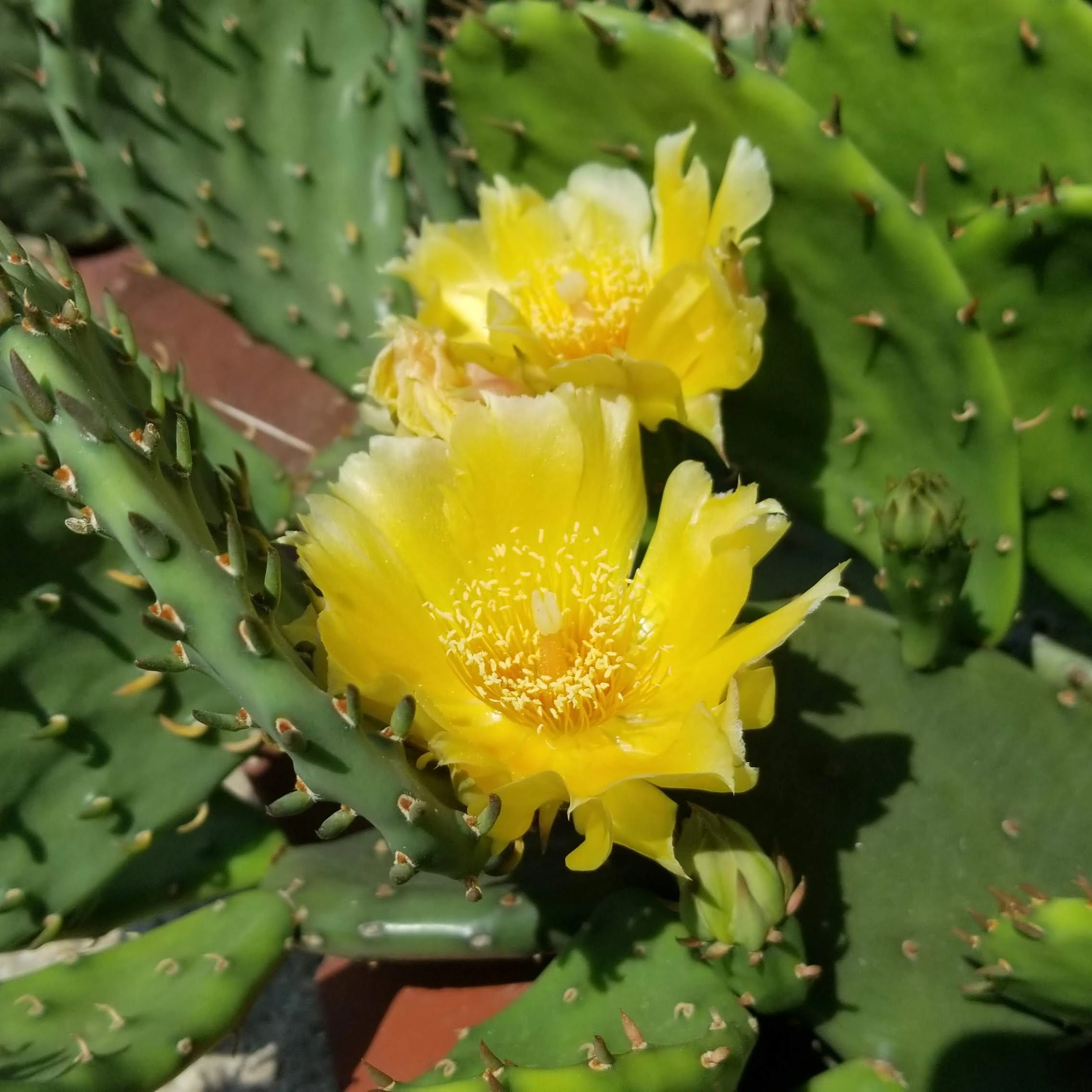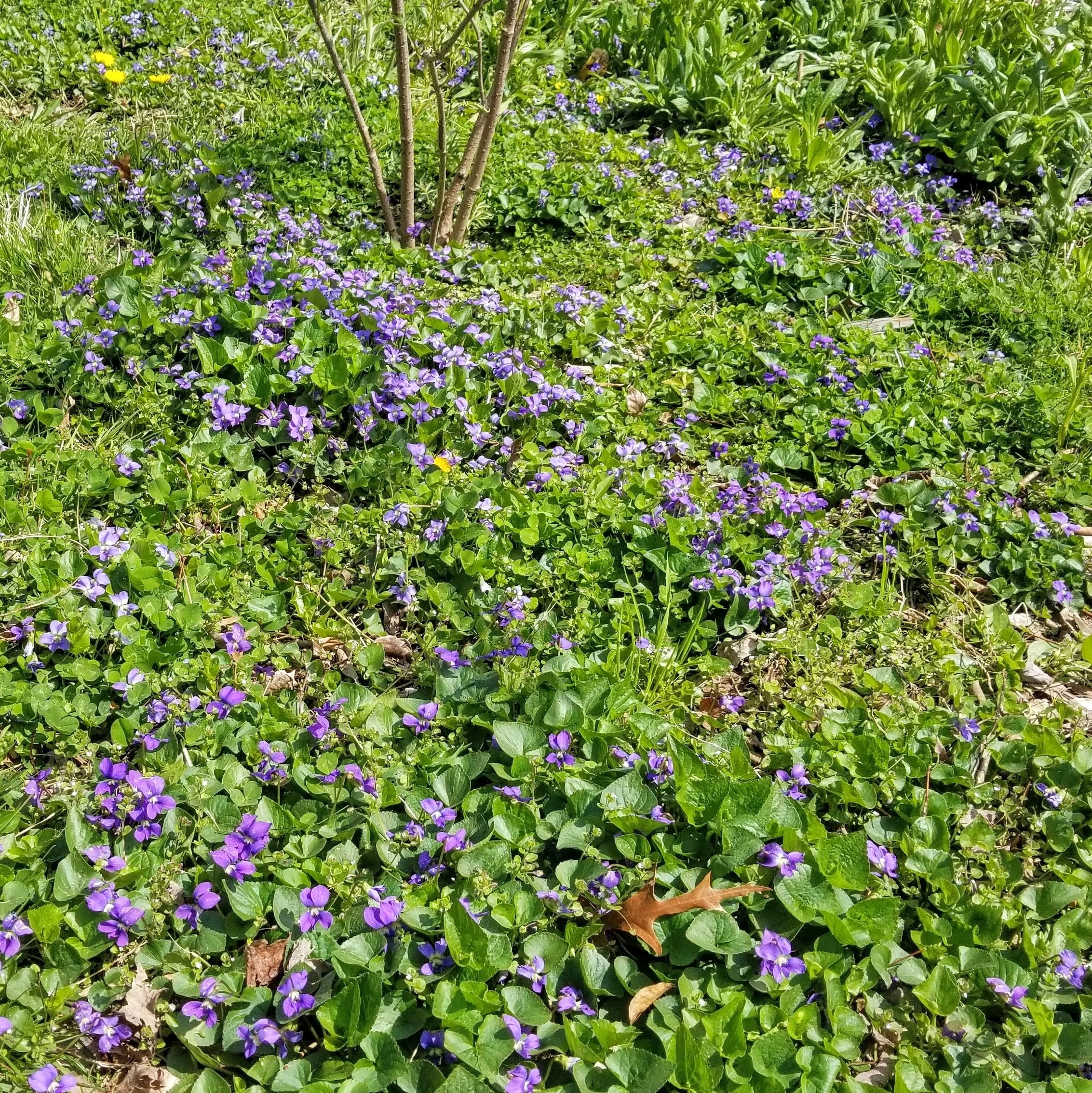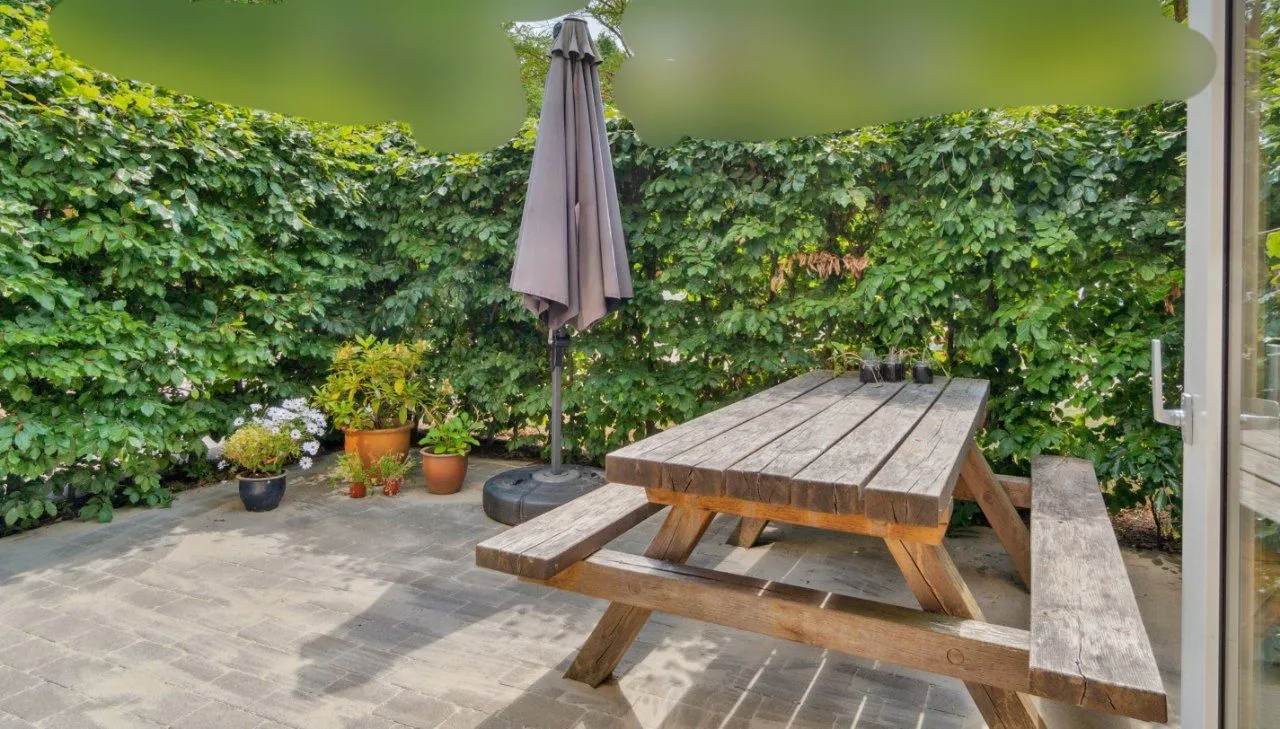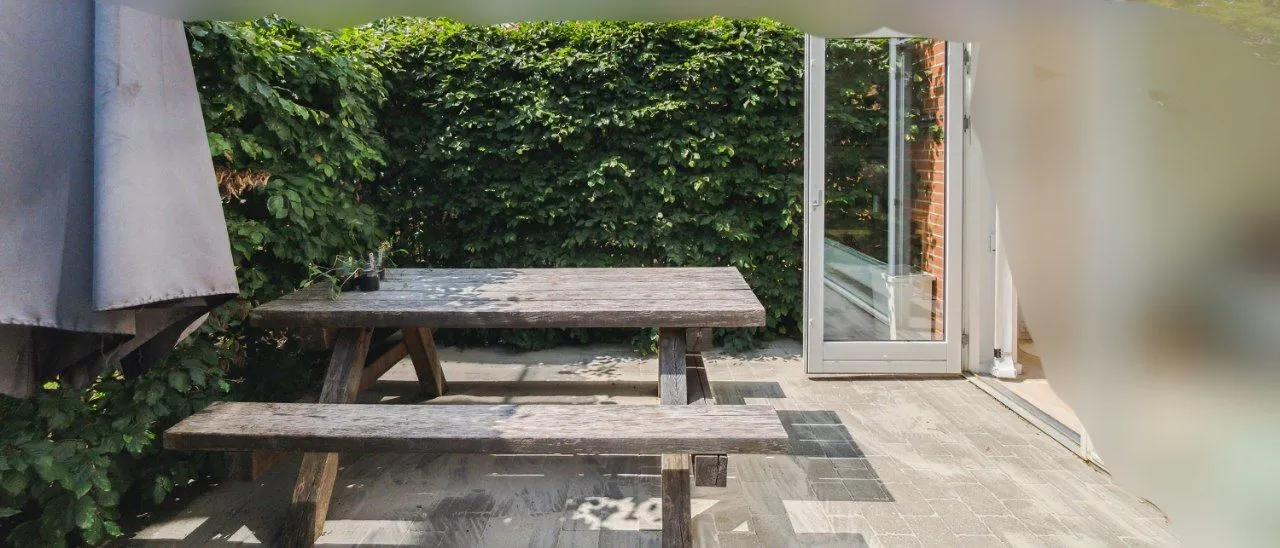1
212
The gardener who took a Canadian city to court for the right to not mow his lawn
(www.theguardian.com)
12
79
14
73
Millions of Wildflowers Now Delight the Town After Vermont Couple Got Tired of Mowing the Lawn All Day
(www.goodnewsnetwork.org)
16
15
19
57
20
57
23
30
view more: next ›
No Lawns
1775 readers
1 users here now
What is No Lawns?
A community devoted to alternatives to monoculture lawns, with an emphasis on native plants and conservation. Rain gardens, xeriscaping, strolling gardens, native plants, and much more! (from official Reddit r/NoLawns)
Have questions or don't know where to begin?
- You can check our website
- Or our Reddit wiki
- Our FAQ
- Resources by Country
- Resources by US State
- Doug Tallamy AMA
Where can you find the official No Lawns socials?
Rules
- Be Civil
- Don't dox yourself
- Stay on Topic
- Don't break instance or Lemmy rules
Related Communities
- NativePlantGardening - Mander
- NativePlantGardening - Sh.itJust.Works
- Composting - SlrPnk
- Nature and Gardening - Beehaw
- Reclamation - SlrPnk
founded 1 year ago
MODERATORS


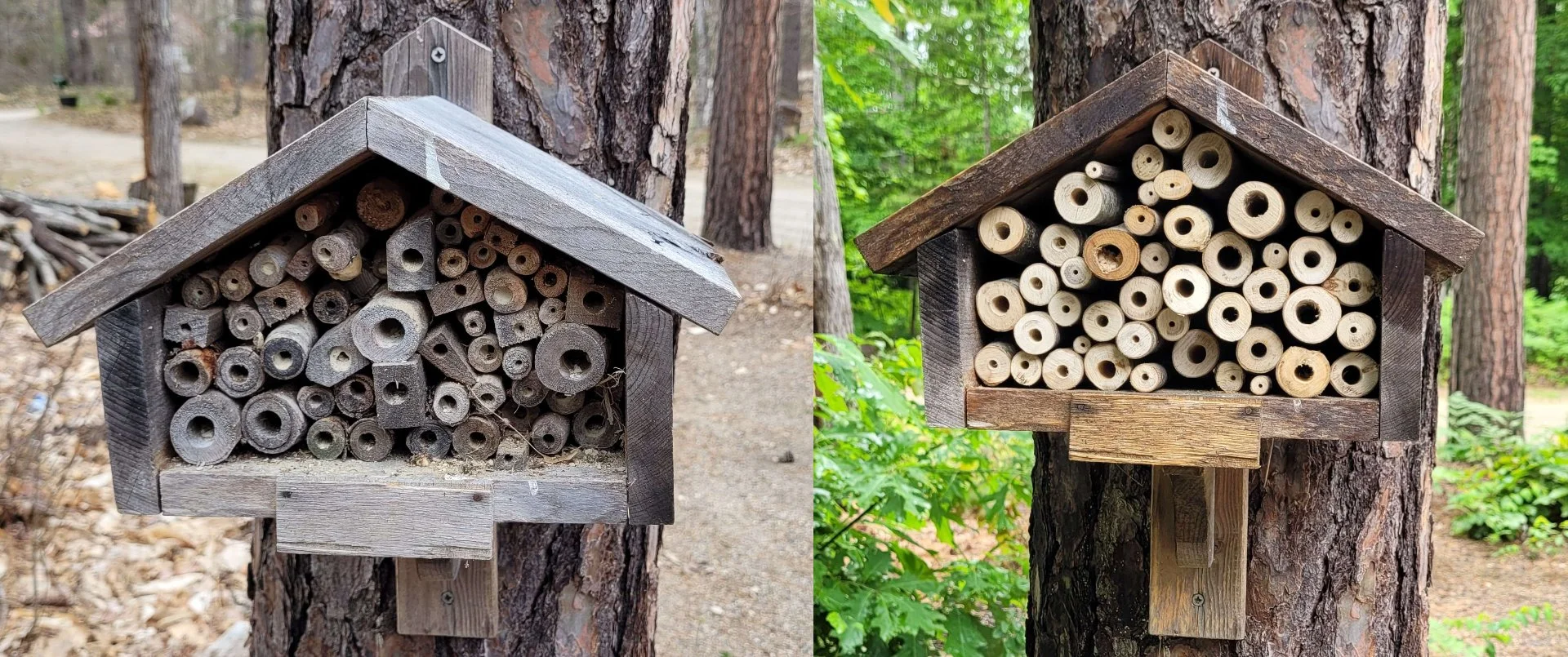
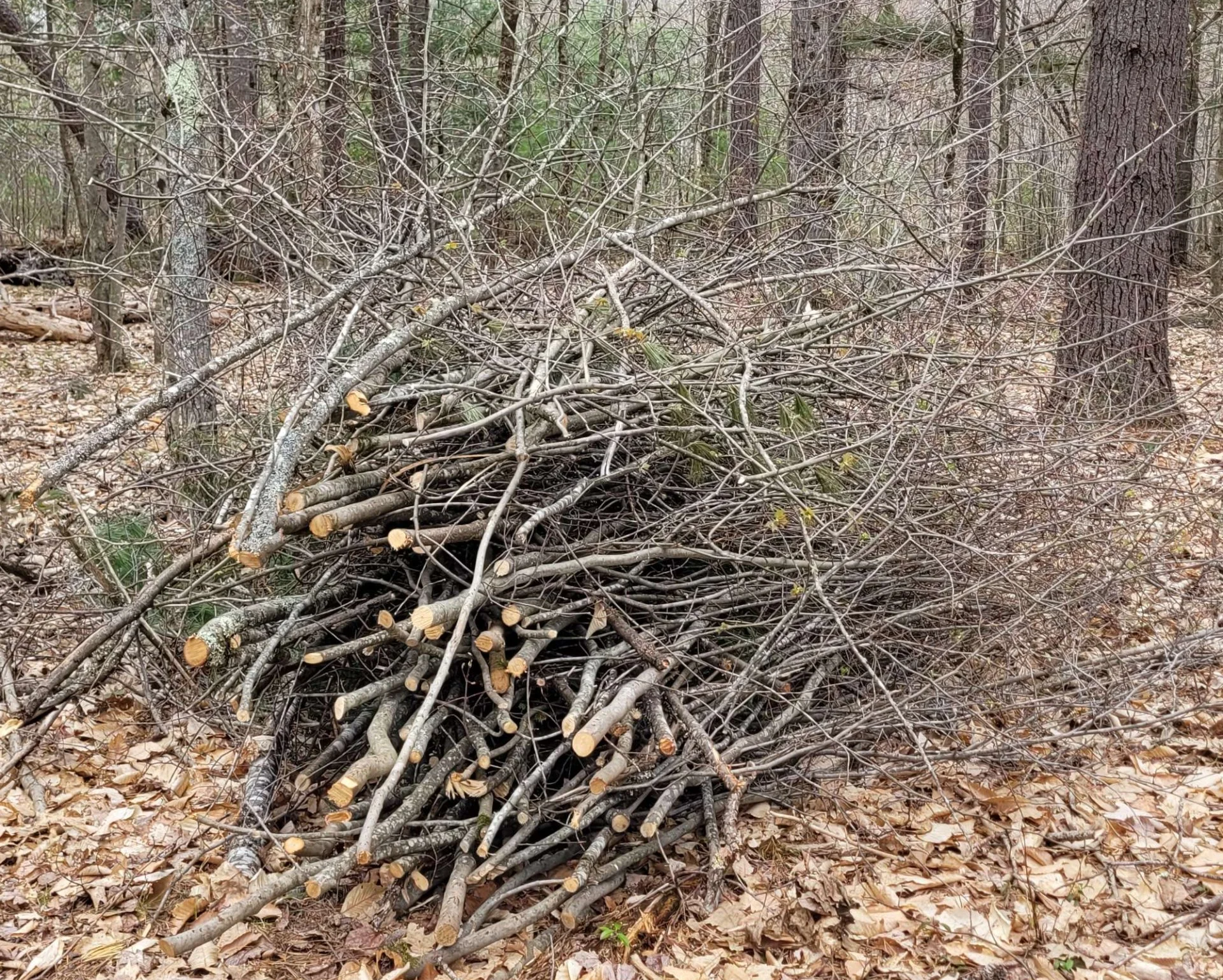 (One pile of many)
(One pile of many)